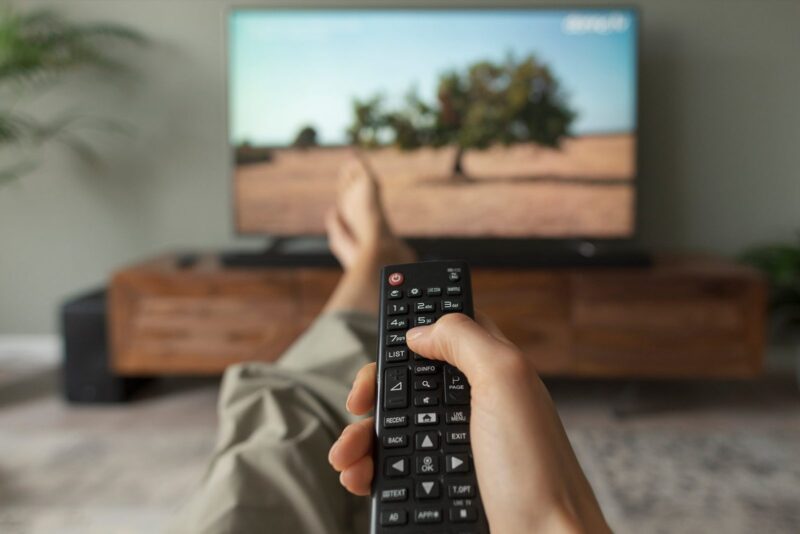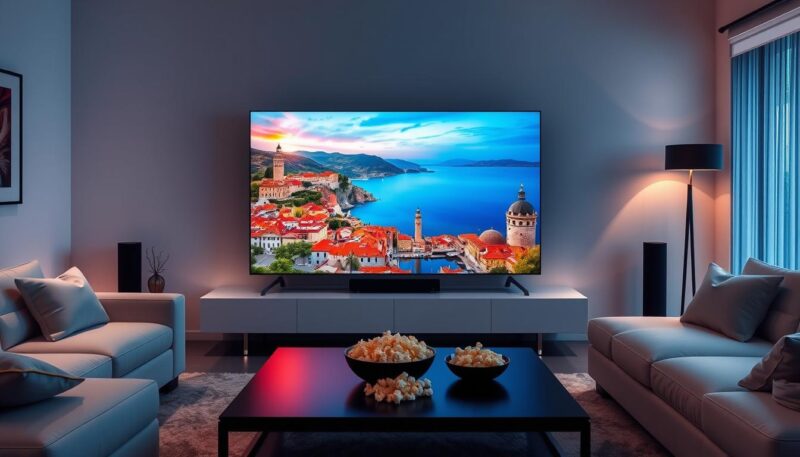The world of entertainment is undergoing a major transformation, with IPTV offering a fresh approach to accessing content. This service promises more flexibility and features compared to cable. Let us explore how these two options compare to help you decide if IPTV is the revolution you need.
What is IPTV, and How Does It Work?

IPTV uses internet-based delivery systems to provide content, including live programming, recorded shows, and on-demand options. Unlike cable, which relies on physical wiring, IPTV allows viewers to access entertainment through devices like smart televisions, tablets, and smartphones.
This flexibility is one of its key advantages, offering the ability to enjoy content both at home and on the go. With IPTV, users are no longer tied to fixed schedules or locations, which makes it appealing for modern households.
If you are looking for an affordable and high-quality option, check out NordicIPTV.
Cost Differences
One of the major benefits is its affordability. Traditional cable services often include unnecessary channels bundled into costly packages. It provides customizable plans, letting users pay for only the content they want. This approach makes it a budget-friendly choice for many.
In addition, cable providers frequently charge extra fees for equipment rentals and advanced features like DVR services. Online streaming often includes these as part of its standard offerings, reducing hidden costs and enhancing value.
Content Variety and User Experience

IPTV delivers an extensive selection of content, from live channels to exclusive programs and international shows. It caters to diverse interests, ensuring there is something for everyone. The ability to personalize subscriptions further enhances its appeal.
Cable cannot match this level of customization. While it provides live programming, it often lacks the on-demand options and mobility that IPTV excels in. It also allows viewing on multiple devices without the need for additional hardware, making it a more versatile choice.
Advanced Features
IPTV stands out with features like pausing, rewinding, and recording live content. Many services also support Ultra HD streaming, offering better picture quality than traditional cable. These features give users more control over their entertainment experience.
Mobile apps are another highlight, enabling users to watch their favorite shows anywhere. This portability makes it ideal for busy individuals who need convenience and adaptability in their entertainment options.
Challenges to Keep in Mind

While IPTV has many advantages, it does require a stable internet connection. Slow speeds or unreliable infrastructure can result in buffering and reduced picture quality. Choosing a provider that offers high-quality service is essential for avoiding these issues.
Is It Worth the Switch?
IPTV offers a modern, flexible, and cost-effective alternative to cable. Its advanced features, customizable content, and affordability make it a strong contender for households seeking better entertainment solutions.
Final Thoughts
The shift to IPTV represents more than just a technological upgrade. It reflects a move toward greater freedom and control over how content is consumed. For anyone looking to enhance their viewing experience, IPTV might be the solution you have been waiting for.


